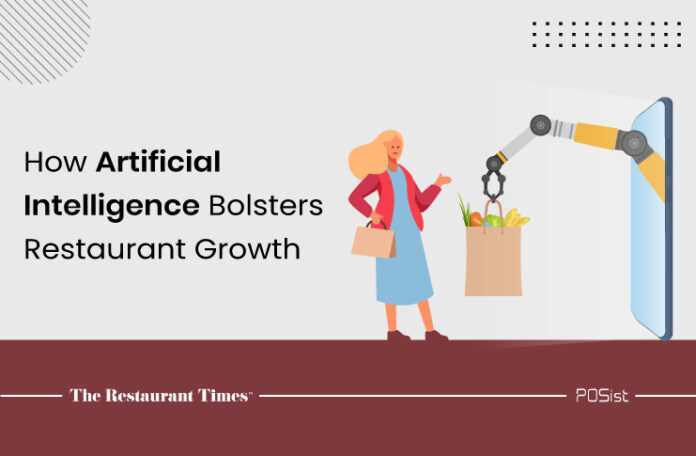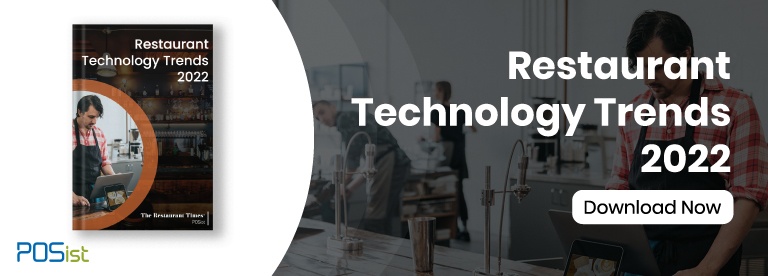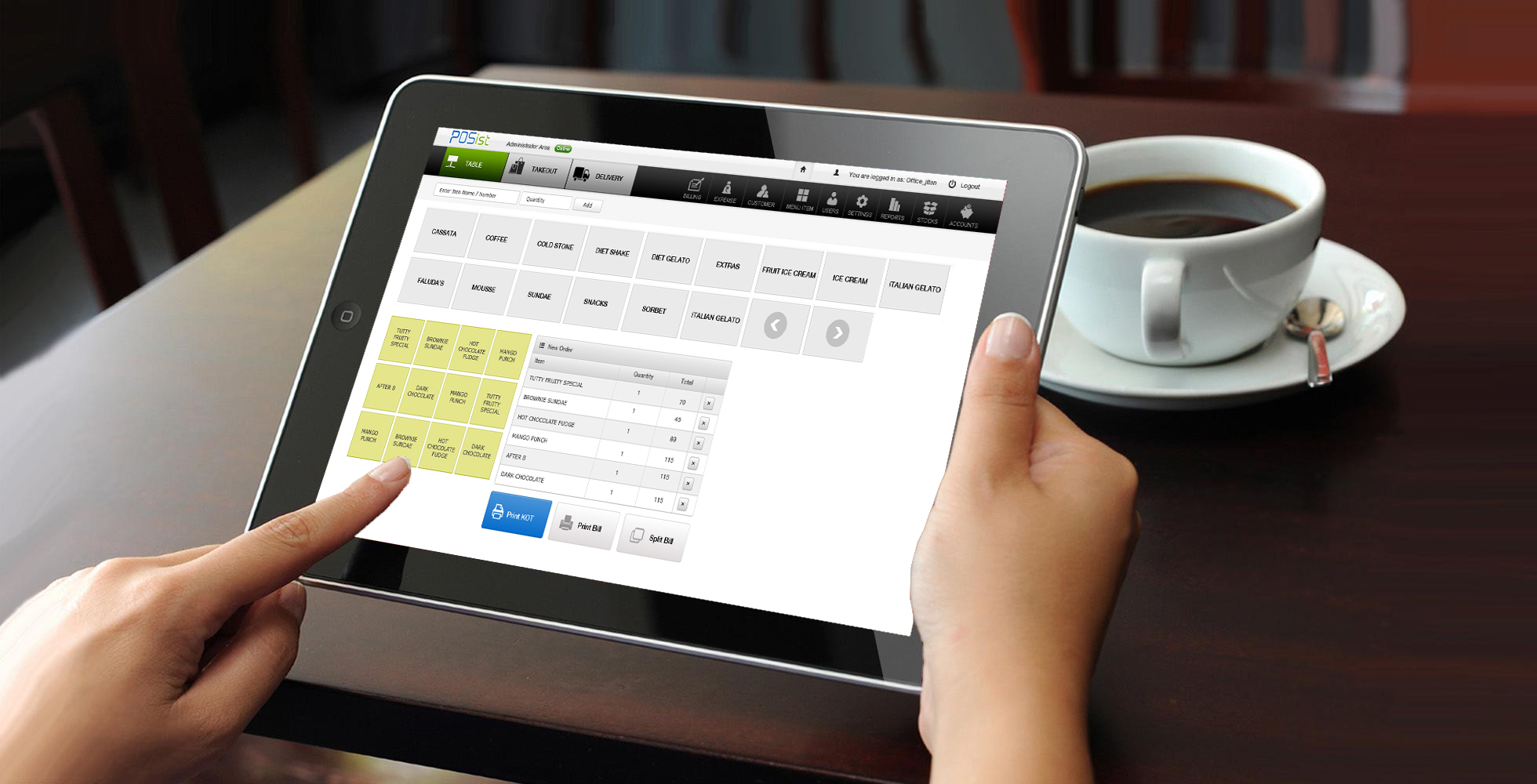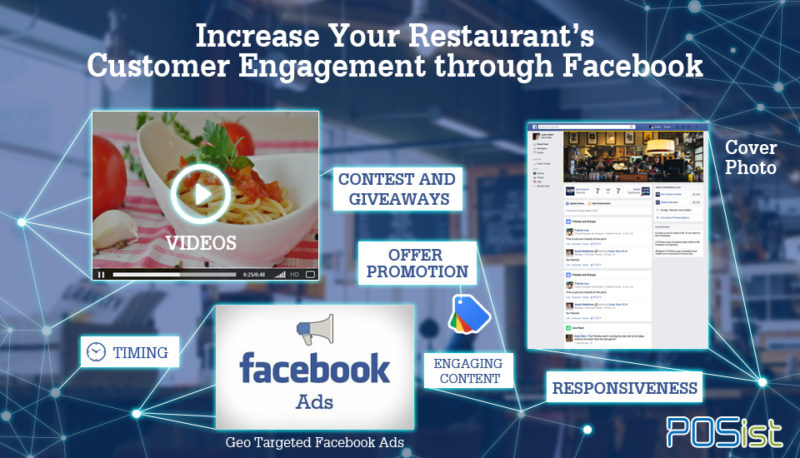When people think about AI (artificial intelligence) for restaurants, their thoughts immediately turn to kitchens manned by robots capable of cooking so brilliantly that they can completely replace their human counterparts.
However, while that is no longer an improbable situation (there are actual restaurants throughout the world where robots perform at least some of the cooking), it is not the most prevalent method in which artificial intelligence is transforming the restaurant sector. You might be shocked to discover some of the ways in which even the least technologically aware restaurant operators are using artificial intelligence to simplify daily operations and improve the experience of their customers.
As sales continue to recover following the pandemic, hungry customers are looking for more efficient and smooth interactions within their eating places, placing pressure on operators to seek solutions and use new technology to keep up with demand. For many companies, artificial intelligence is a vital component in the process of developing strategies to engage customers. The capacity to take vast amounts of data, segment, and analyze it is essential in developing customized strategies to engage customers.
However, the full benefits of artificial intelligence in the restaurant business are yet to be determined, but they will go beyond robots that take orders, prepare food, and deliver it. AI will assist restaurant owners in making effective use of enormous volumes of data, which will ultimately result in a fundamental improvement in the dining experience. Even though artificial intelligence (AI) is a trendy term, this technology is not out of reach for typical restaurants. Continue reading to find out more about artificial intelligence in restaurants, as well as how restaurants may utilize it in modest ways to create large improvements.
How Important Is AI For Restaurants
As the F&B sector becomes more technologically advanced, the future of machine learning and artificial intelligence appears to be quite promising for restaurants. A few key elements are highlighted here in order to demonstrate how marketing can be optimized when artificial intelligence is used to assess and make the best campaign decisions.
1. Efficient Delivery
Another effect of the ongoing pandemic is a substantial dependence on delivery services by practically all businesses, including restaurants. Because of the constantly changing safety regulations, along with a reduction in customer confidence, delivery has become the most important source of revenue for many enterprises in recent years.
Delivery, however, is notoriously tough to get right every time. Sometimes orders don’t arrive hot because the vehicle got stopped in traffic or a forgotten item that spoils the experience for the client who’s been waiting, it may be a hit or miss for the restaurant industry. Fortunately, there are several new AI players that can provide a hand.
Because of the growing popularity of delivery, the ability to optimize delivery routes becomes increasingly crucial in order to assure speed, efficiency, and the highest possible food quality. Delivery management systems can assist you in monitoring drivers’ locations in real-time, providing them suggestions on the best routes to take in order to save mileage and time, and keeping consumers informed at every stage of the delivery process.
2. Stats And Data
Data is extremely powerful, and it is just growing more so. The more data your POS/restaurant management software has access to, the more value you can get out of it. For example, your restaurant management software may predict a boost in footfall and fruit smoothie sales based on factors such as the weather and local events such as a family fun run sponsored by a nearby fitness club for its grand opening. When the event is announced, your system can forecast how many crates of fresh fruit to order, as well as advise staffing levels that would coincide with it.
One of the secrets of artificial intelligence is that it is continually learning (thus the term “machine learning” in its name). When you provide the machine with a large number of data points, it can recognize patterns and anticipate what will likely happen the next time something similar occurs. As a result, restaurateurs utilizing artificial intelligence can prepare for emerging culinary trends and determine what their consumers really want.
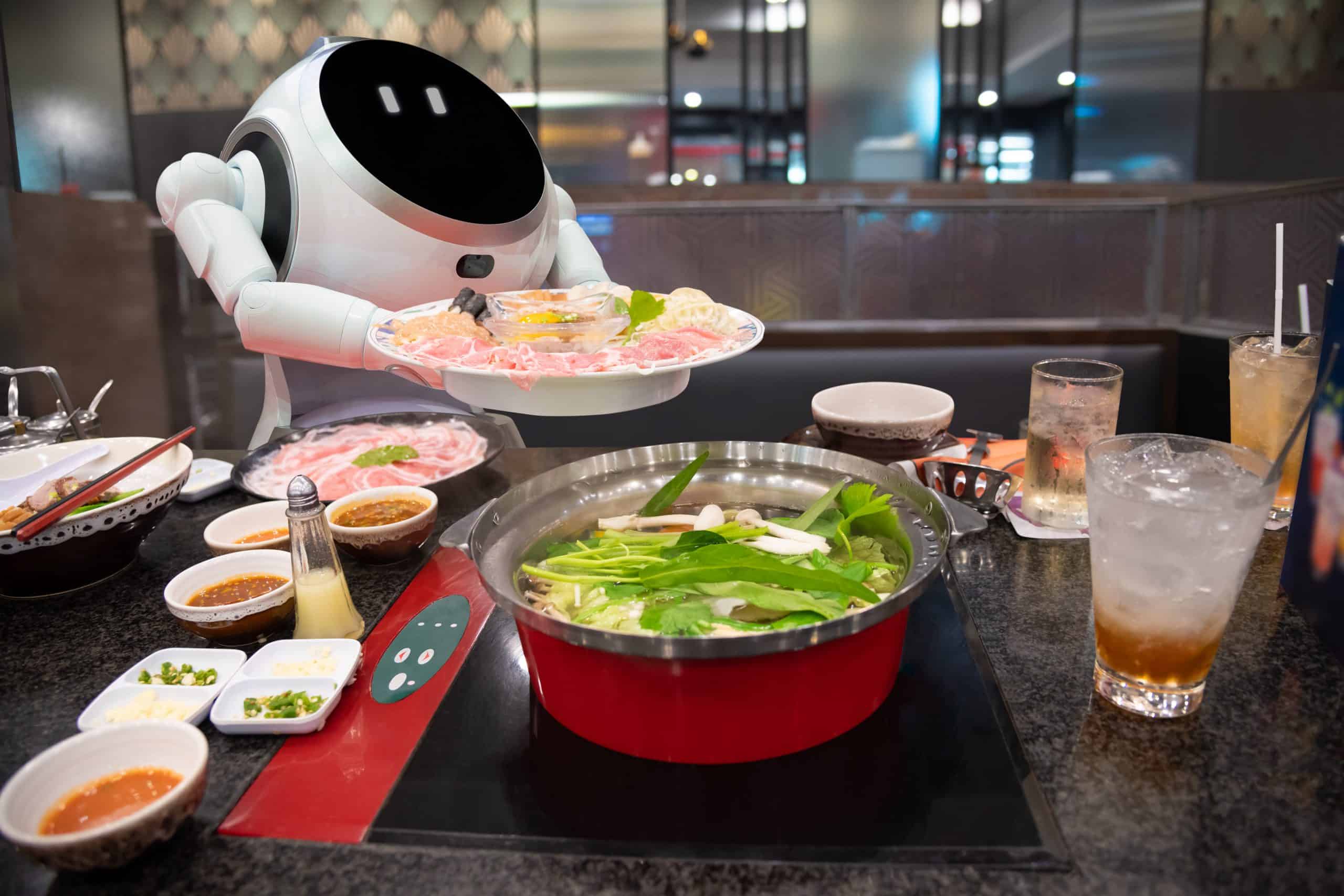
3. Personalized Customer Experience
In recent years, ordering kiosks have grown increasingly ubiquitous in a wide range of restaurants; nevertheless, there are certain establishments that are taking the ordering kiosk experience to the next level. For example, KFC is experimenting with kiosks equipped with face recognition technology that can recognize return customers and customize their experience based on their previous orders and preferences.
While face recognition may not be available in all restaurant management platforms just yet, there are other ways in which artificial intelligence may be used to assist in customizing the dining experience for your customers. In particular, online ordering and rewards/loyalty programs are two areas where restaurants are increasingly gathering guest data and leveraging it to give more personalized service, ranging from dish recommendations to targeted marketing campaigns.
4. Efficiency Without POS? Not Possible!
Inventory and purchasing capabilities built into point-of-sale systems can increase efficiency while decreasing losses. The POS can track and order supplies based on actual food sales, menus, and recipes when these capabilities are incorporated into the POS.
By comparing this up-to-date information with your actual supply levels, you can assess whether or not your kitchen staff is following SOPs related to recipe preparation and portion controls, as well as identify possible sources of waste and theft. When you automate these processes with an artificial intelligence-enabled integrated restaurant management solution, you reduce the amount of guessing involved, assure proper inventory levels, and remove one more thing from your to-do list.
In the face of digital transformation and shifting market conditions, companies must devise methods to boost consumer loyalty and retention levels. Customers want their needs to be anticipated by businesses, which has a number of ramifications for the personalization and customization of products and services on an industrial scale.
However, while artificial intelligence (AI) may appear to be a daunting subject to many less tech-savvy restaurateurs, the fact remains that it has proved to be beneficial for restaurants and has earned its position in the food industry’s future. In the long run, artificial intelligence will certainly provide numerous benefits to small eateries that embrace the trend.


